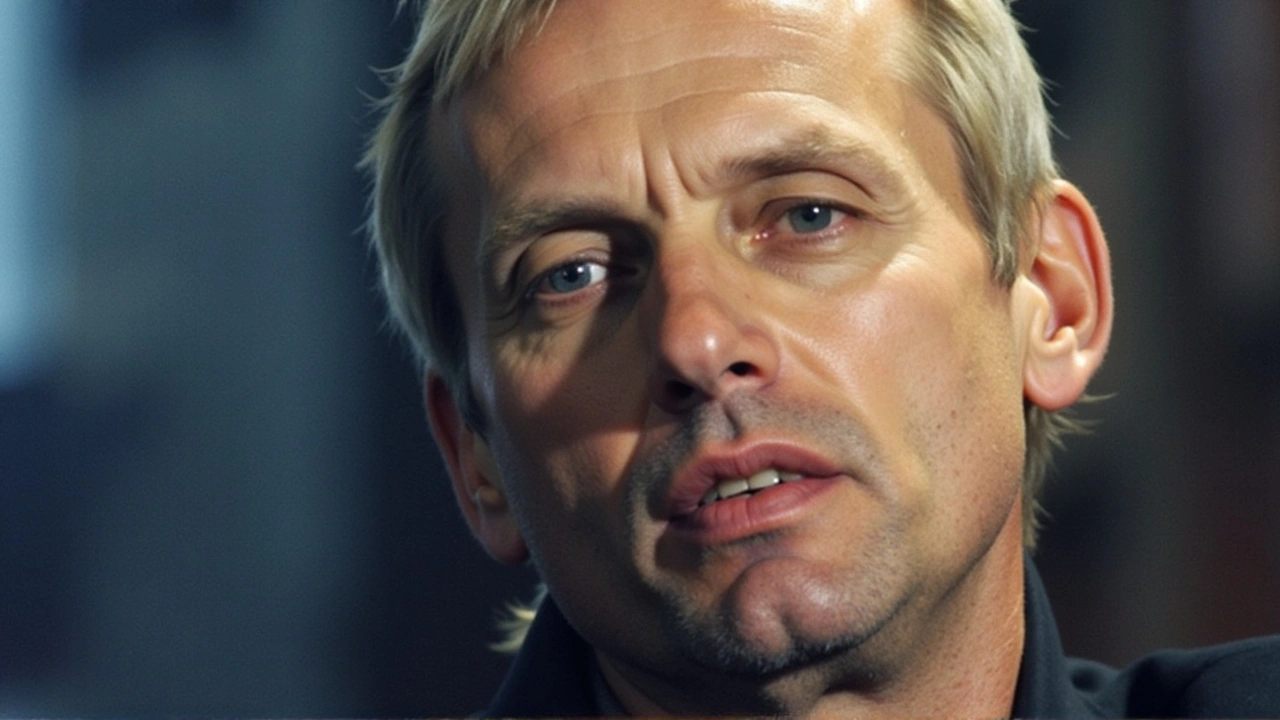If you follow South African history or politics, Chris Hani's name keeps popping up—and for good reasons. He wasn't just any leader; Hani was a fiery anti-apartheid activist and military commander who inspired many with his passion for equality and justice. His life tells a story of courage and commitment during some of the toughest times in South Africa.
Hani was born in 1942 and grew into a key player in the African National Congress (ANC) and the South African Communist Party (SACP). His work focused on dismantling the racist apartheid regime through armed struggle, leadership, and speaking out for the oppressed. Many remember his fearless approach, which made him a symbol of hope but also a target for his enemies.
Though Hani was tragically assassinated in 1993, his legacy lives on. His death shook the nation but also accelerated the push toward ending apartheid and establishing democracy. Today, Hani is remembered not just as a revolutionary but as someone who dreamed big about a fairer South Africa.
Political groups like the Economic Freedom Fighters (EFF) often mention him as a source of inspiration for their fight against inequality and corruption. His name is used to motivate young activists and remind South Africans why they should keep fighting for their rights.
So, if you’re curious about South African politics or want to understand the roots of modern movements there, learning about Chris Hani offers powerful insights into the nation’s journey. It’s like tracing the footsteps of someone who shaped a country’s future—someone whose passion still fires up debates about justice and freedom today.
